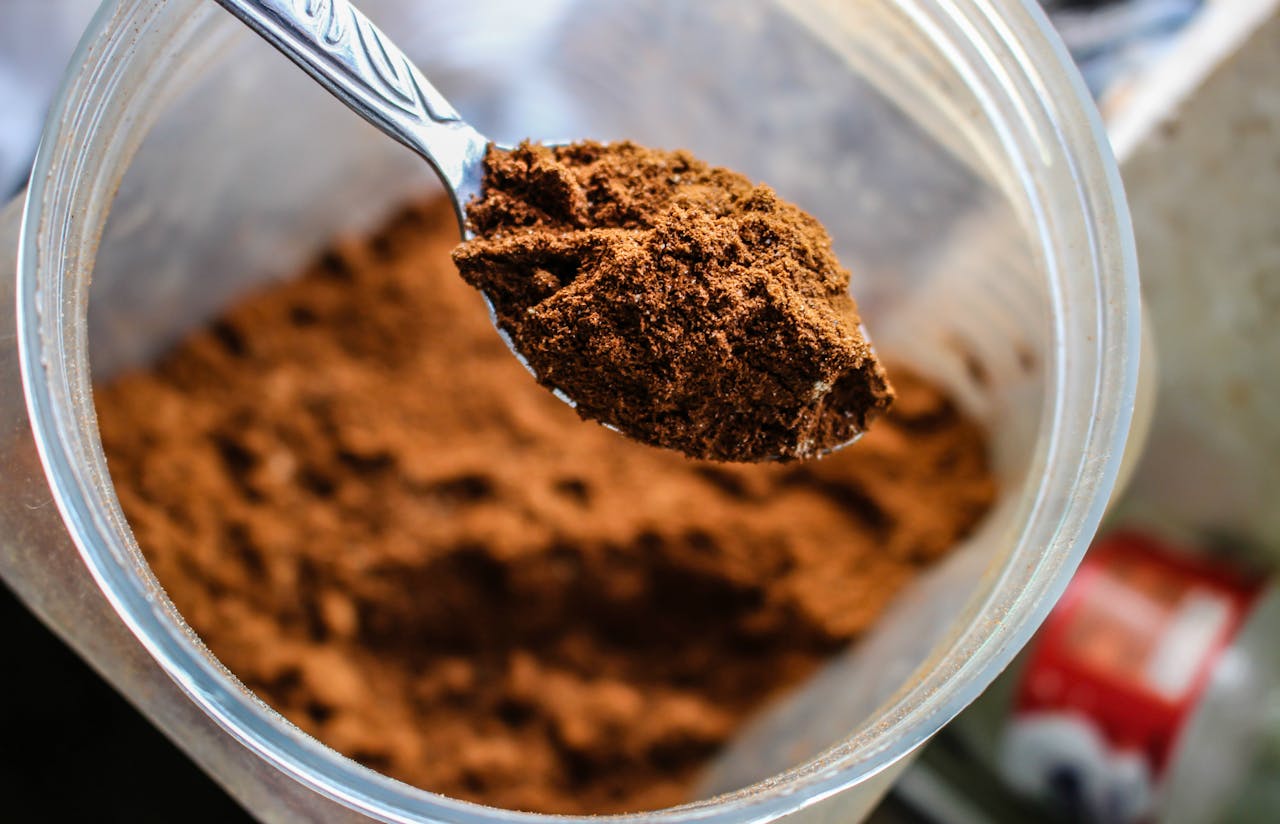Plant-based protein powders, a booming segment of the health food market, are now under scrutiny following new findings regarding heavy metals. According to a recent study conducted by Consumer Reports, many of these supplements contain lead levels that exceed daily safety limits. The plant-based protein powder market was valued at over $5.3 billion and is projected to reach $10.6 billion within ten years, driven by increasing consumer interest in protein-rich diets.
Concerning Findings on Heavy Metals
In its analysis of 23 different protein powders and shakes, Consumer Reports discovered that more than two-thirds contained lead concentrations above the established daily safe limit of 0.5 micrograms. Notably, plant-based protein powders averaged nine times higher lead levels than their non-plant counterparts. Additionally, some products tested positive for other heavy metals, including cadmium and inorganic arsenic.
The research indicated a worrying trend: levels of lead in these protein powders have risen since the last evaluation conducted by Consumer Reports 15 years ago. This alarming trend coincides with another study released by the Clean Label Project earlier this year, which also found elevated heavy metal levels in various protein supplements.
Health Implications and Recommendations
Despite these findings, experts advise against immediate panic. The report suggests that many of these protein powders are safe for occasional consumption. “Even those with the highest lead levels are far below the concentration needed to cause immediate harm,” the report states. Nevertheless, chronic exposure to lead can lead to significant health issues, including neurological problems, reproductive concerns, immune suppression, and kidney damage.
Dietitian and medical exercise specialist Jennifer Scherer emphasized the risks associated with extended lead exposure, noting that small amounts can accumulate in the body over time. Tunde Akinleye, a food safety researcher and chemist, echoed this sentiment, stating, “We advise against daily use for most protein powders, since many have high levels of heavy metals and none are necessary to hit your protein goals.”
For those looking to increase their protein intake without the risks associated with powders, alternatives such as tofu, tempeh, and beans are readily available and nutritious options.
Overall, while the growth of the plant-based protein market reflects a shift in dietary preferences, consumers should remain vigilant about the quality of the supplements they choose. Educating oneself about the safety of these products is crucial for making informed dietary choices.








































































